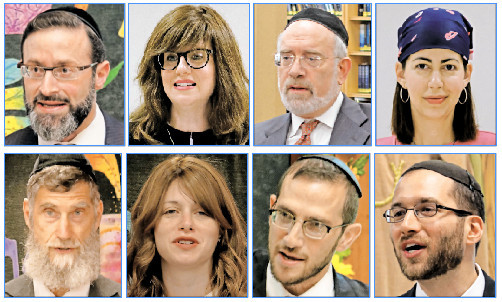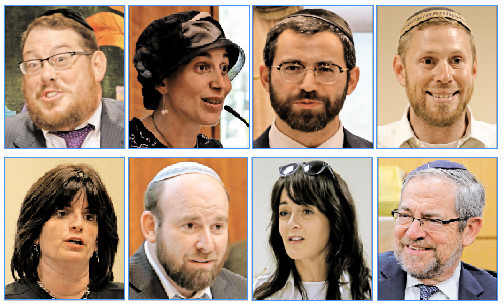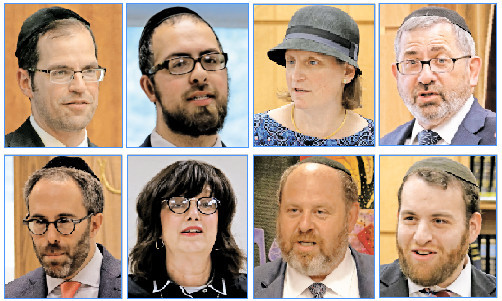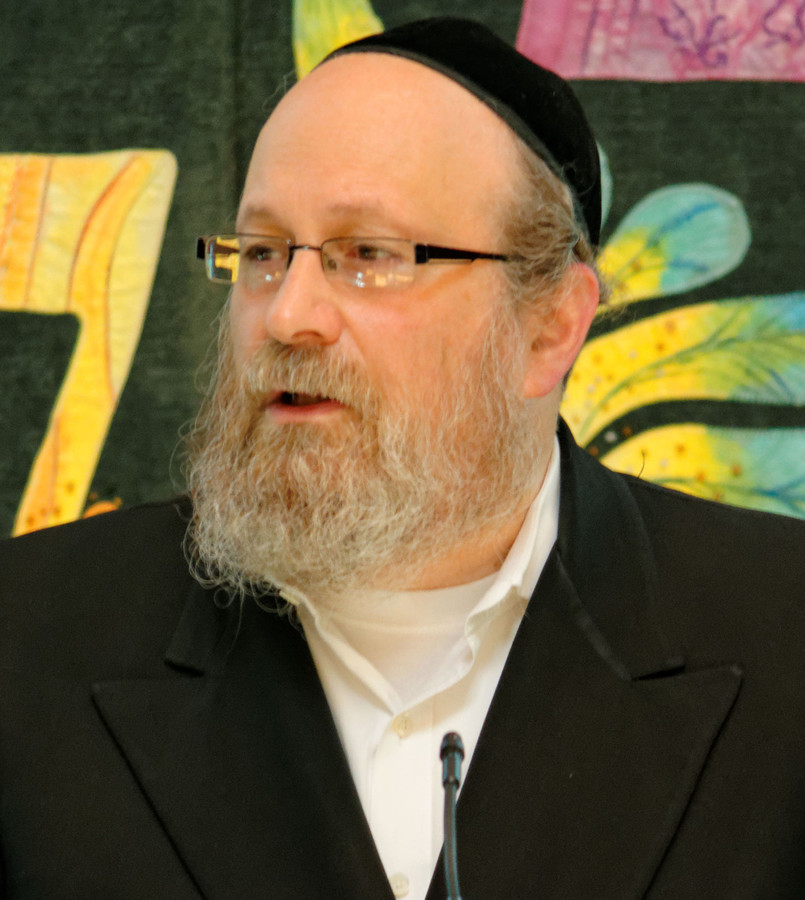Teach our children well
5 Towns conference told: Deliver Torah with joy to sustain the next generation
While Torah is forever true, the ideal way for the mesorah to be conveyed to our children — and how an everlasting love of Torah and Yiddishkeit is embedded in their beings — changes over time.
“You’re still talking about what worked for you in 1972 and insisting that that’s what should work for your kid,” Rabbi Moshe Weinberger, Shila”a, said in keynote remarks that opened the fourth annual Five Towns Community Collaborative Conference on Sunday.
“What is the Torah the kids need now?” he asked. “What worked in 1972 won’t necessarily work today.”
Rabbi Weinberger, founding morah d’asrah of Congregation Aish Kodesh in Woodmere and mashpia at YU, reminded the parents and educators in attendance that Torah will not be received if it’s not passed down according to the middah of the time, emphasizing that the primary ingredent needed in today’s chinuch is simcha.
Twenty-six speakers, including rabbis, rebbetzins, educators, community leaders and lecturers each addressed a key issue that challenge families and schools in frum communities. The event, hosted at the Young Israel of Woodmere, was organized by Rabbi Reuven Taragin of Yeshivat Hakotel and sponsored by the OU.
“My wife accuses me of wanting to live in the time of the Baal Shem Tov — which is possibly true — but our job is to educate children today,” said Rabbi Weinberger.
He recounted the story of a rebbe who heard that one of the teachers in his school was disciplining boys by hitting them. He summonded the teacher, who was unapologetic, explaining that he was following in the tradition of his father and grandfather, who were also educators.
When the teacher returned home, he found a number of the rebbe’s chasids removing the appliances from his house, per the rebbe’s orders. Astonished, the teacher ran back to the rebbe to find out why he had done this.
“Your father and grandfather did not have these things, I thought you should not have them either,” the rebbe said.
The middah of fear that predominated in Europe before World War I no longer works, Rabbi Weinberger said, and what must be prevelent in our schools and homes today is the middah of joy.
He posited that while many survivors abandoned their religion after the Shoah, those who did not often had sweet memories of a joyful Yiddishkeit in their youth.
“You may think some people are naturally happy or sad, but it is not true,” Rabbi Weinberger said. “Children are filled with joy. To thrive, a person needs to rejoice and focus on simcha, just as he needs to eat and sleep.”
“Simcha is a natural middah of a person,” he added. “A person who is emotionally healthy will always be happy.”
Rabbi Weinberg said, “We should interview the kids who are no longer living a frum lifestyle, and ask them why they are not. What went wrong? Some of them say it was a suffocating environment. It all comes back to simcha.
He recalled that 25 years ago, when singing and dancing on Shabbos was introduced in some Five Towns shuls, it was “like a cardinal sin — I received so many calls of complaints.”
“Every Jew is born with a natural simcha, before the child absorbs the sadness of life from his parents and those around him,” he said. “Children — until we ruin them, until we break them, until we break that natural joy — [are] are skipping and dancing and happy.”
More Conference Coverage:
- Positive influence versus peer pressure
- Teens and Tech: What you do, what you don’t
- Ahavas Yisroel: Tough but essential mitzvah
- Why people in their 20s are so distracted
- Watching violence: you can’t unsee this
- The answer, my friends, is simcha
- Vital info needed to raise great kids
- Finding your bashert
- Answering where do babies come from?
- Empowering choices

 49.0°,
Fair
49.0°,
Fair 











